Notes from an African interview: Rwanda who rose to English after the Holocaust
On my trip to Africa this time, I often heard people mention Rwanda, saying that it is clean and orderly, and that it is very different from other African countries. Some people even called Rwanda the "Singapore of Africa".
Since the interviews in Uganda were almost done, and I had always been interested in the transitional justice process in Rwanda after the 1994 genocide, I finally decided to go.
Although I had expected it long ago, when I entered Rwanda from Uganda by land, I was still amazed: as soon as I crossed the border, I immediately felt the huge difference - from the chaos and desolation of Uganda, to the land of Rwanda. Neat and decent.
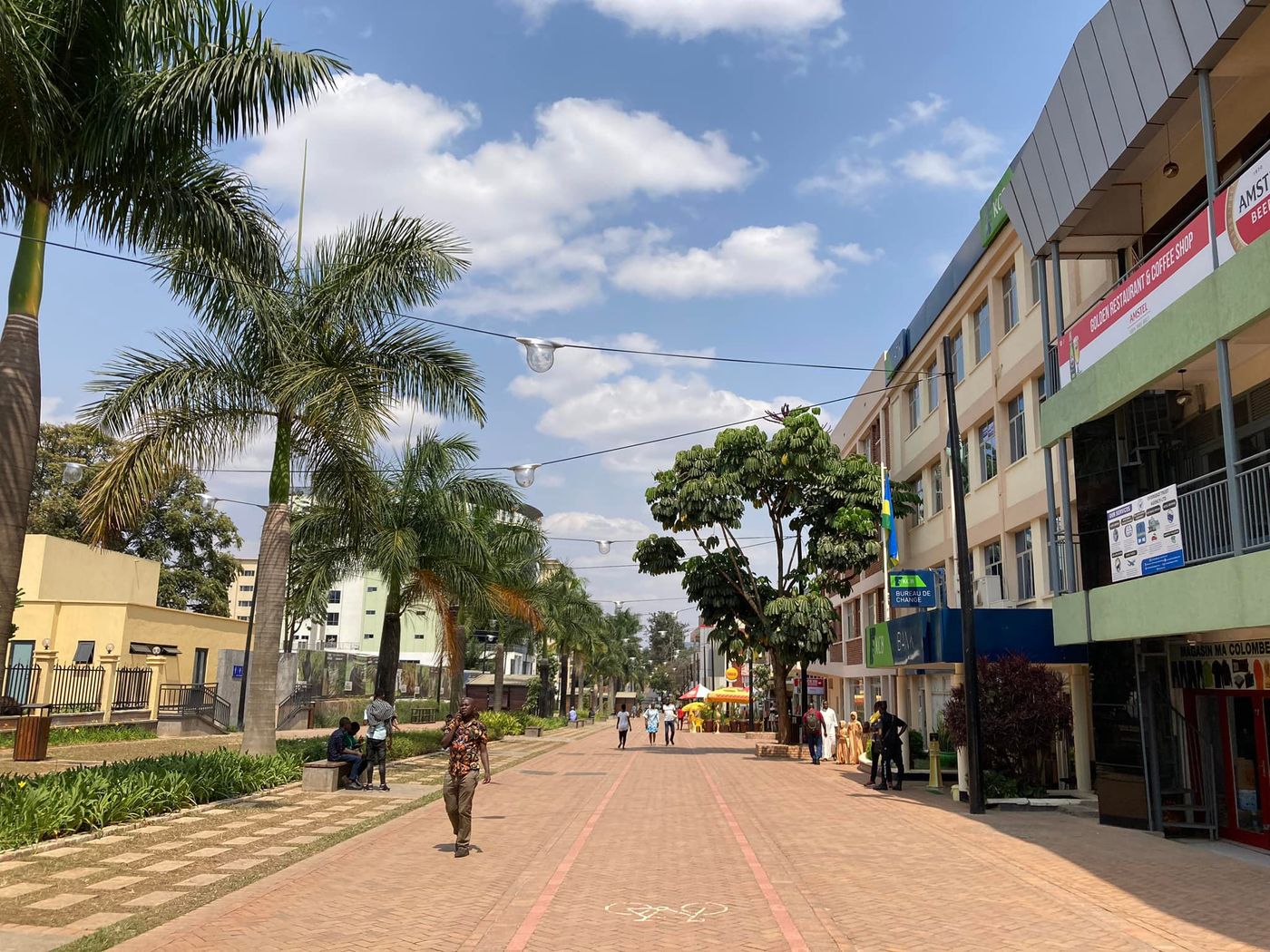
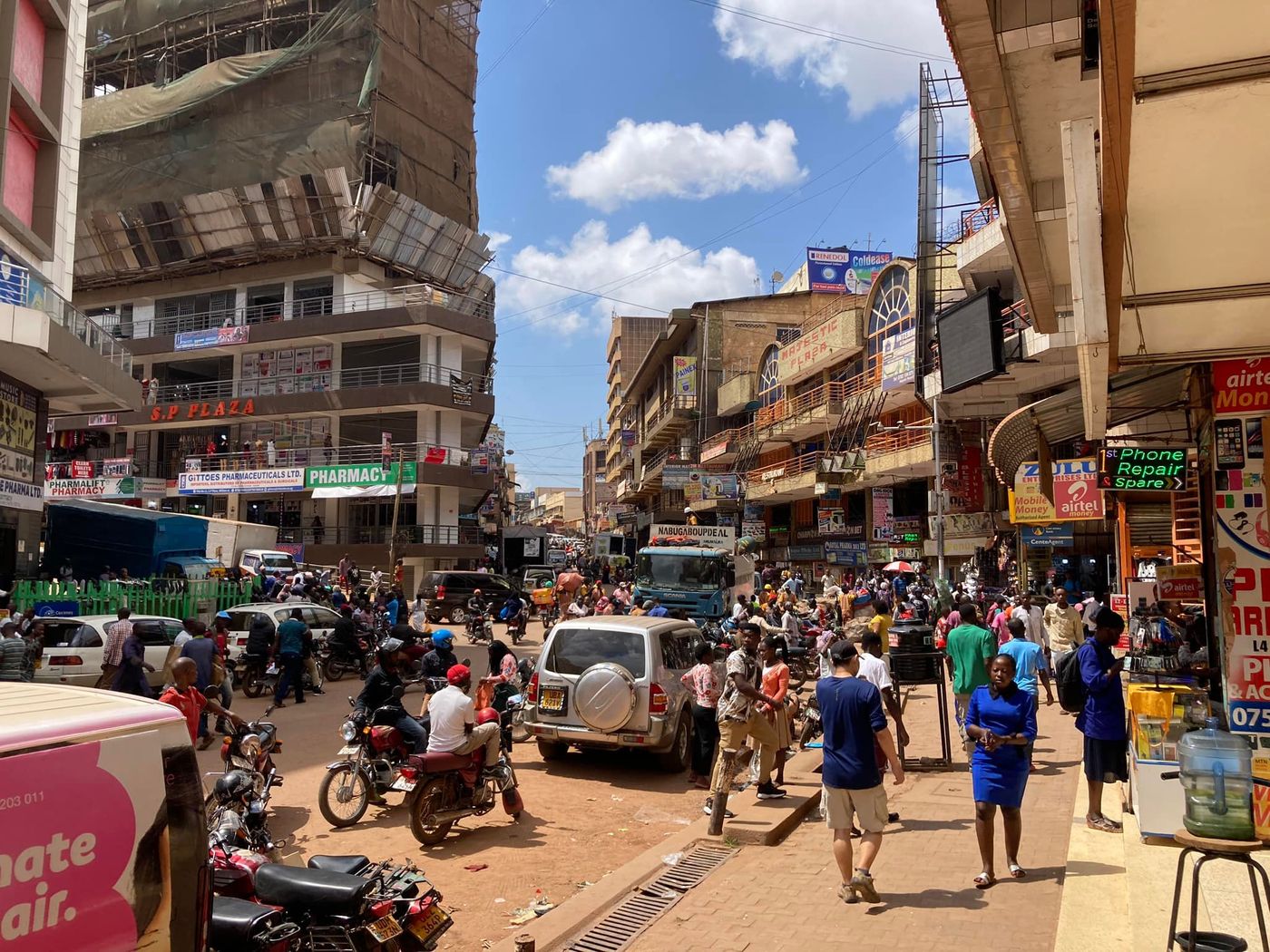
In terms of infrastructure, Rwanda is hardly like Africa, and the overall level is even much better than that of relatively wealthy Kenya, even the level of the former Soviet Union.
When comparing Rwanda and Uganda, the visible differences include:
In Rwanda, the buildings seen by the roadside are all cement buildings, unlike the thatched earthen houses in Uganda, which are still often seen;
Almost all main roads are paved with asphalt, no longer dusty, there are sidewalks along the road, and there is almost no litter;
Although there are also many motorcycles here, most of them obey the traffic rules (even give way to passersby on the zebra crossing!), unlike the traffic lights in Uganda, which are basically for reference;
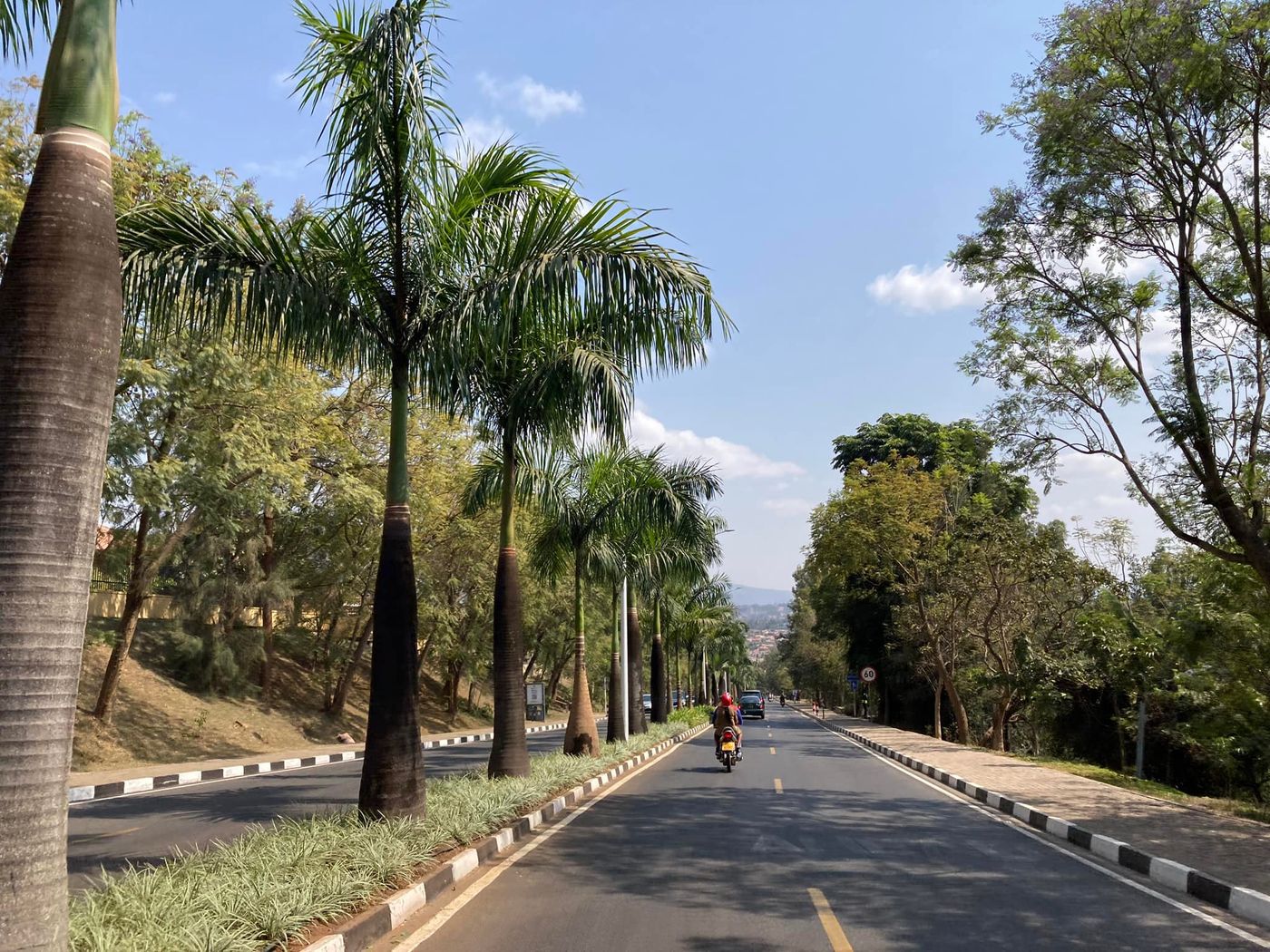
What impresses me the most is that the bus system in Kigali, the capital of Rwanda, is said to be the best in Africa. Not only are the imported large buses (including Mercedes, and China's Yutong), but the vehicles are well maintained. Many African cities only have self-operated minivans—and public transportation is an important way to look at the effectiveness of governance.
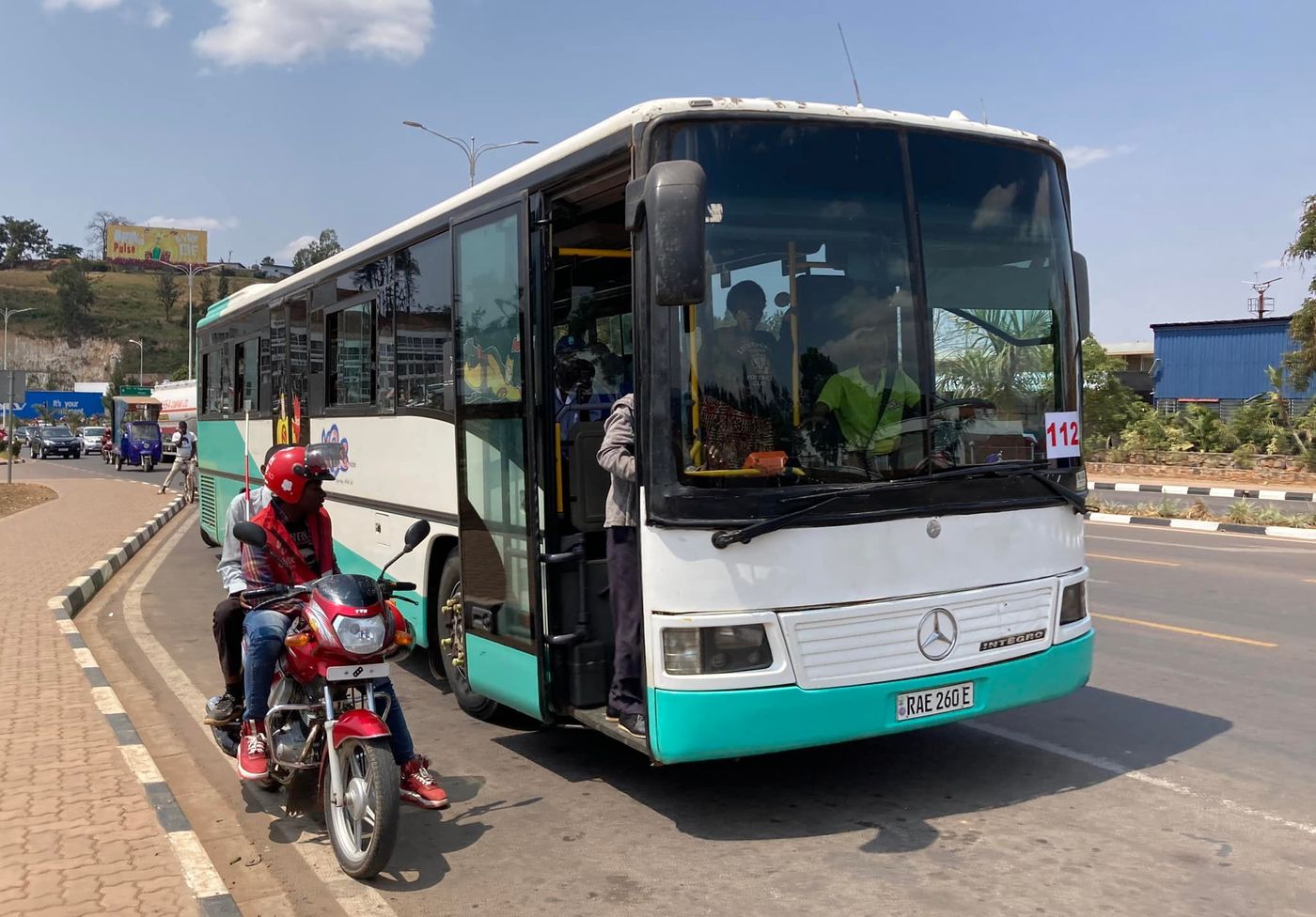
You can also see these rational orders on the map: the roads in this entire city are almost always named with numbers, like a "mountain city version" of New York.
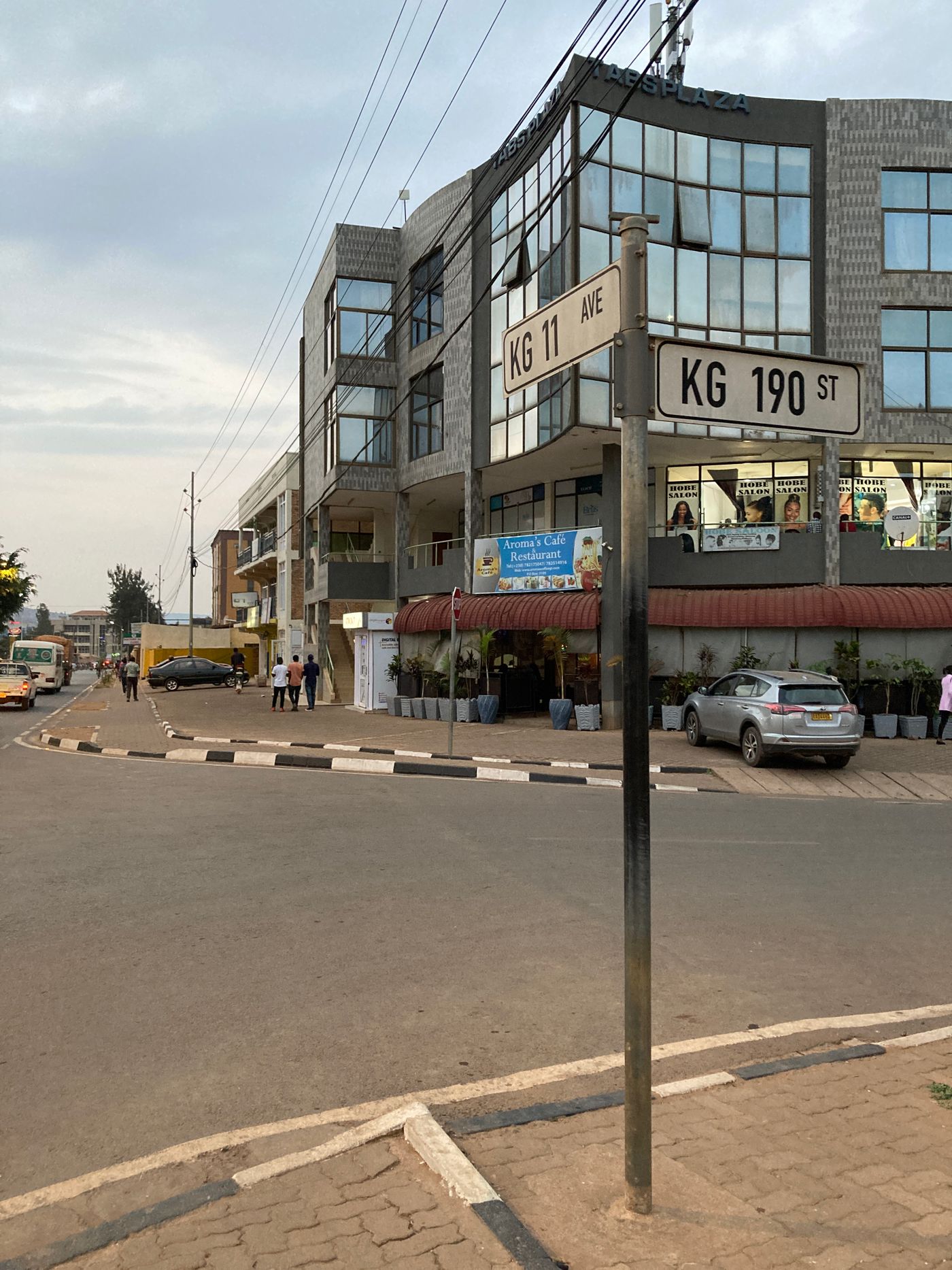
It is a little surprising that the per capita income of Rwanda is actually lower than that of Uganda, and the price of goods is also lower than that of Uganda, which may also prove the importance of government effectiveness: as long as the government is committed to governance, economic data may not be directly proportional to the level of social development and the quality of infrastructure. .
During my stay in Rwanda for a few days, I also met guests from Kenya and Uganda at the B&B—and they all raved about Rwanda.
For example, Peter from Uganda said that he would come to Rwanda every once in a while because "Rwanda is very orderly and clean", unlike Uganda's chaotic traffic, which can make him calm down.
I asked him, East Africa has always wanted to promote the "common currency of East Africa", but it has not been realized for many years. What does he think of this?
Peter said that of course he is optimistic, but he also believes that governments of all countries have their own interests to take into account. It is of course not easy for all East African countries to surrender their currency sovereignty. "We've only recently discovered gold deposits, and Tanzania, Kenya also has oil -- using a common currency means sharing these natural resources with other countries."
Peter also said that compared with other East African countries, Rwanda does not have many natural resources and its land area is small, but the Rwanda people have an advantage that other East African countries do not have - they have Kagame, which means they have been in power for 20 years. President of Rwanda for many years.
"He's a popular dictator in Africa because he manages Rwanda very well. It's because there's order here, so everyone likes to hold meetings here, and Rwanda can make money from it."
Peter was right.
Just last week, the Commonwealth Summit was held in Rwanda - a group that is largely made up of former British colonies, although Rwanda was never under British rule.
But a dictator? I repeated it, trying to confirm his words.
"Yeah, you know, we have many tribes in Africa. The tribes were originally patriarchal, and men had the final say, so we were used to this kind of dictatorship."
So most people think that Kagame is so good, is there any problem with autocratic rule?
"As long as there is no war, everyone can afford to pay school fees and have food to eat. If he wants to be president for the rest of his life, what's the problem? Democracy to us is just a rhetoric used to link the West and the West to get aid."
Indeed, there has been criticism from time to time in recent years that Rwanda's President Kagame is dictatorial and oppressive (he has been president for 22 years and is said to have been the de facto ruler of Rwanda since the massacre in 1994)— - The nickname "Singapore of Africa", in addition to referring to Rwanda's neatness and orderliness, also describes its relatively authoritarian style of governance.
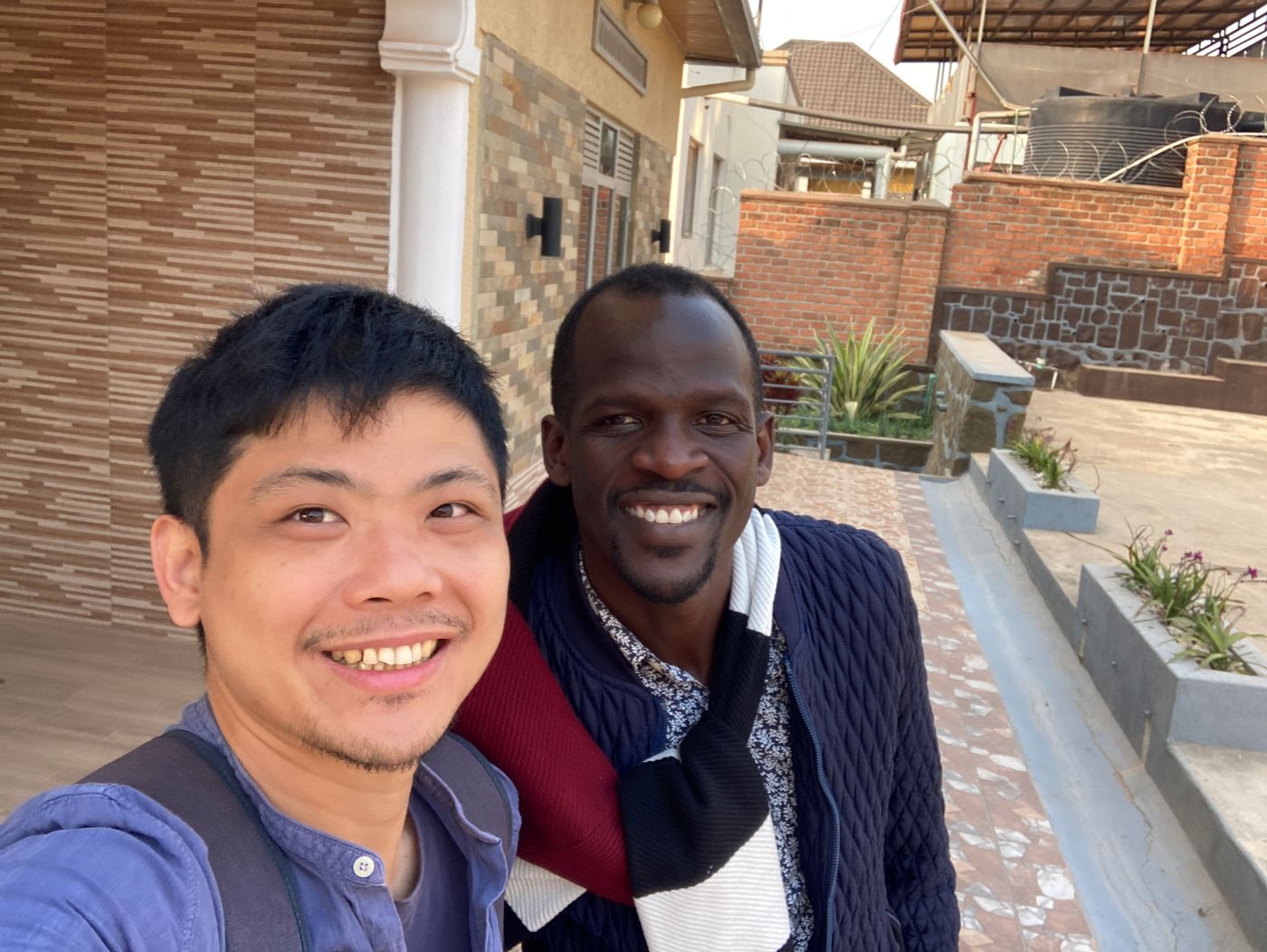
Another interesting thing is that Rwanda is a somewhat strange multilingual society.
Although French was once colonized by Belgium, Rwanda has actively promoted English in recent years, and replaced French and Rwanda with English as the language of education in schools.
So to this day, in roadside advertisements, you can often see French and English side by side. It is also because of this that the first foreign language of Rwandans over the age of 35 today is basically French; as for young people under the age of 30, they can hardly speak French, but they can usually speak simple English.
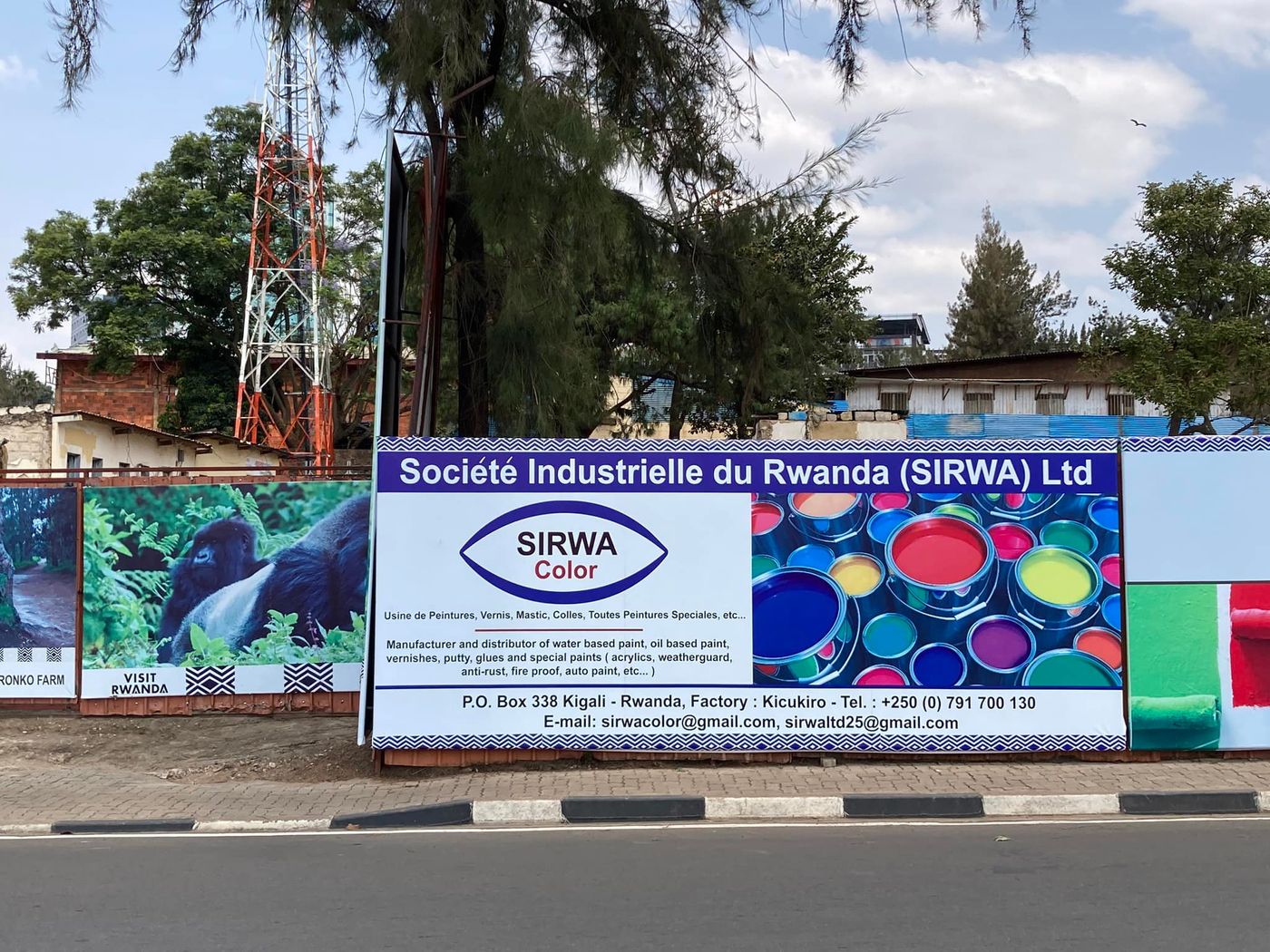
After seeing the Holocaust Memorial Museum in Rwanda, I couldn’t help but feel that French, the language brought by the colonists, carries too many painful memories after all—the long-term cause of the 1994 Rwanda genocide was the Belgian colonists. Racial Classification System".
I don't know if it is because of this that they want to say goodbye to French and introduce English, a more "international and future-oriented" language. However, from the official point of view, the use of English is mainly for "better integration with the world" and Rwanda has actively wanted to integrate into the "East African Community", and English is the main language of other East African countries.
According to the Guardian , another subtler reason may be related to the legacy of the Holocaust.
It is said that the Hutu people speak more French today and the Tutsi more English, and this seems to be related to the places where the two ethnic groups fled during the ethnic conflict—the Hutu people fled to French-speaking Burundi and Congo. Westerners flee to English-speaking Uganda.
As a result, the Tutsi, who were the main victims of the massacre, gradually abandoned French and switched to English after returning to power, and made English the language of education in schools, even in the banknotes issued in 2013. , directly remove the French characters, leaving only Luanda and English.
However, after a few days of interviews in Rwanda, I feel that overall, French is still more common than English to this day; most people see me and speak French.
At a genocide memorial at the time, I also interviewed the staff of the museum - he is 35 years old and can hardly speak English, so I can only bite the bullet and interview in broken French (since I went to Tahiti in 2018 to interview After that, I never spoke French again...
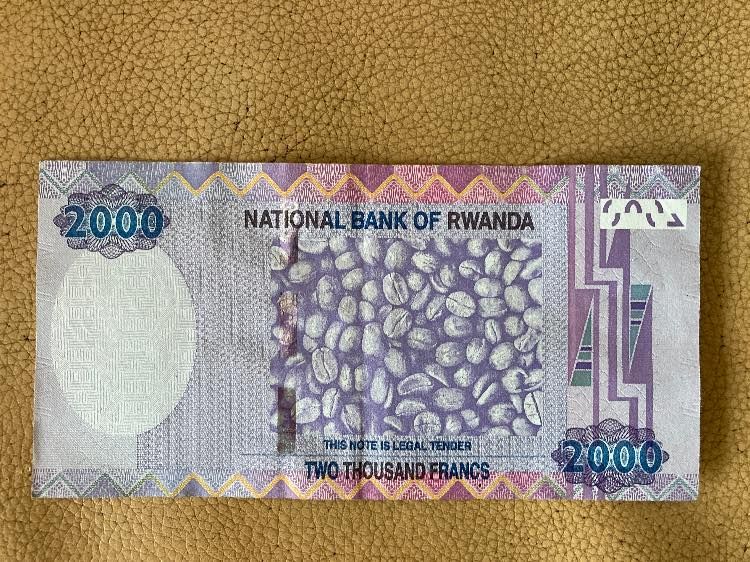
Like my work? Don't forget to support and clap, let me know that you are with me on the road of creation. Keep this enthusiasm together!












